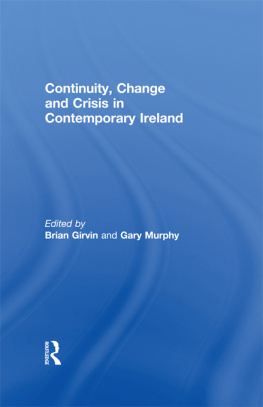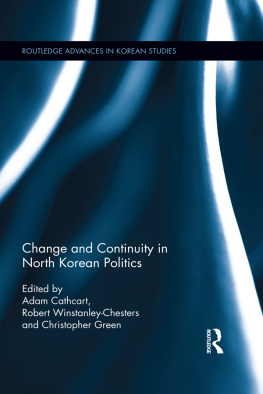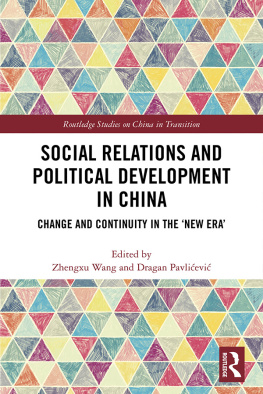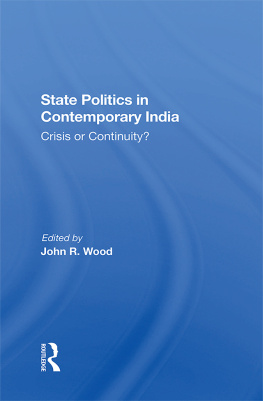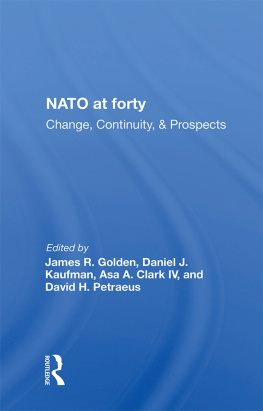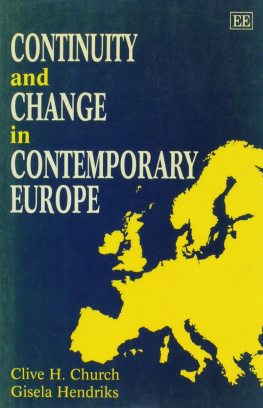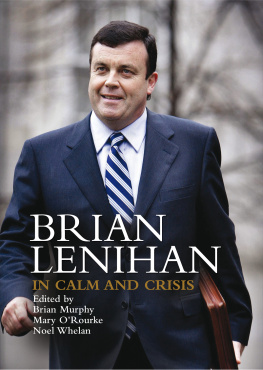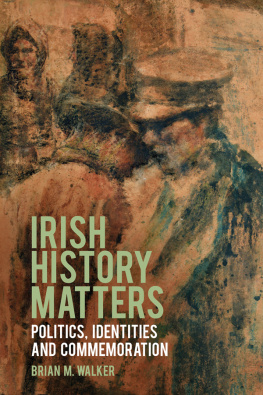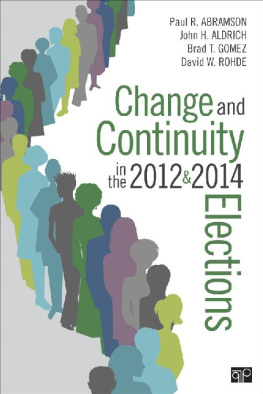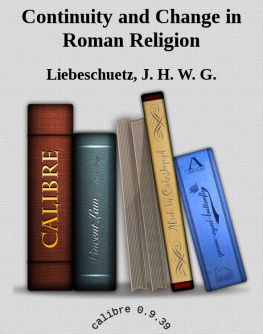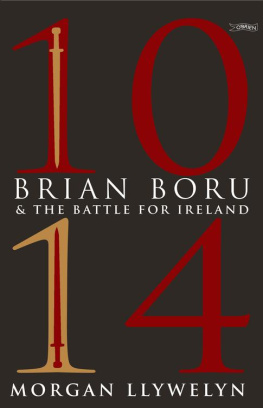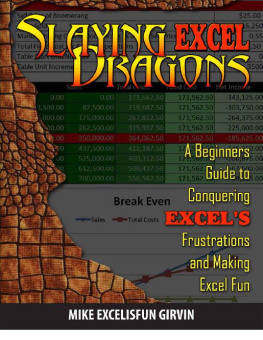Continuity, Change and Crisis in Contemporary Ireland
The focus of this book is to analyse from a number of perspectives the politics of change in Ireland north and south since 1969. The emergence of the troubles in Northern Ireland, the final push to gain entry to the EEC, changing social mores and severe economic difficulties all begin to appear on the horizon at this stage. While considerable change and, indeed moments of extreme crisis, have taken place in areas such as Northern Ireland, the economy, moral politics, and Irelands attitude towards the European Union, continuity has also been a significant hallmark of Irish politics since 1969.
This volume offers important perspectives and opens up new debates in explaining the phenomena of continuity, change and crisis in contemporary Ireland. New evidence on the origins of the troubles in Northern Ireland, the Arms Crisis, Irelands relationship with Europe, the process of social partnership, and the politics of morality all offer important fresh insights into how contemporary Ireland has functioned. Featuring a number of high profile scholars and uniquely dealing with both Northern Ireland and the Republic of Ireland, this volume argues that the intriguing feature of recent Irish history is not the absence of change but the extent to which change has been mediated by the existing political cultures, national traditions and long-standing institutions of both north and south.
This book was based on a special issue of Irish Political Studies.
Brian Girvin is Professor of Comparative Politics at the Department of Politics, University of Glasgow. His main research interests focus on the relationship between religion and politics in contemporary work and nature of nationalism in the contemporary world. He has a special interest in Irish politics, both north and south and has written extensively on modern Ireland.
Gary Murphy is Associate Professor of Government at the School of Law and Government, Dublin City University. His main research interests are based around interest groups and lobbying. He has published widely on modern Irish politics most notably in the area of interest group behaviour. His major reinterpretation of postwar Ireland, In Search of the Promised Land is published in 2009. He comments extensively on Irish politics in the media.
First published 2010 by Routledge
2 Park Square, Milton Park, Abingdon, Oxon, OX14 4RN
Simultaneously published in the USA and Canada
by Routledge
270 Madison Avenue, New York, NY 10016
Routledge is an imprint of the Taylor & Francis Group, an informa business
2010 PSAI
Typeset in Times by Value Chain, India
Printed and bound in Great Britain by MPG Books Group, UK
All rights reserved. No part of this book may be reprinted or reproduced or utilised in any form or by any electronic, mechanical, or other means, now known or hereafter invented, including photocopying and recording, or in any information storage or retrieval system, without permission in writing from the publishers.
British Library Cataloguing in Publication Data
A catalogue record for this book is available from the British Library
ISBN10: 0-415-56573-1
ISBN13: 978-0-415-56573-8
Contents
Brian Girvin
Eunan OHalpin
Henry Patterson
Christopher Farrington
Gary Murphy and Niamh Puirsil
Brian Girvin
Gary Murphy and John Hogan
Niamh Hardiman, Patrick Murphy and Orlaith Burke
Sean McGraw
Gary Murphy
A Greek Authoritarian Phase? The Irish Army and the Irish Crisis, 196970
EUNAN OHALPIN
This paper discusses the role of the Irish defence forces in 196970 as the Irish state reacted to the emergence of the Northern troubles. Ireland had never envisaged using its army to take by force what Britain would not concede through negotiation. In the absence of an obvious external threat, and because of the legacy of the 1924 army mutiny, the state maintained only very small and ill-equipped forces, trained exclusively for conventional warfare and actively discouraged from any strategic or tactical study of Northern Ireland. The gun-running plans and other clandestine schemes promoted by an army intelligence officer and disclosed in the 1970 arms crisis were correctly interpreted in London as a conspiracy led by two ambitious ministers impatient at the relative restraint of government policy, rather than as the secret element of a two-pronged Irish policy of overt reasonableness and covert destabilisation of Northern Ireland. The article also maintains that there was no possibility at any point of a military coup against the Lynch government.
The British State and the Rise of the IRA, 196971: The View from the Conway Hotel
HENRY PATTERSON
The availability under the Thirty Year Rule of British and Stormont government papers for the early stages of the Troubles has made it possible for existing analyses of the role of key actors to be reassessed. This article uses the reports of successive UK Representatives to cast new light on the nature of British policy in the 196971 period. It argues that a view of the dynamics of the conflict as between an entrenched and discriminatory majority and an oppressed minority led to an underestimation of the depth of Protestant fears and the deepening of the regimes legitimacy crisis with its own supporters. The result was persistence with a policy that achieved the worst of both worlds: a regime incapable of stabilising itself and an increasingly militant and radicalised Catholic population.
Mobilisation, State Crisis and Counter-Mobilisation: Ulster Unionist Politics and the Outbreak of the Troubles
CHRISTOPHER FARRINGTON
This article examines the role of Unionist politics in the outbreak of the Troubles. It seeks to advance the current debate on how and why the Troubles broke out by examining the interactions between the role of the state, the internal politics of Unionism, and the role of Unionist political elites in the developing crisis. It argues that these interactions should be understood from a comparative perspective, which allows for a greater appreciation of how communal divisions and social change led to a process of violent conflict.
Is it a New Allowance? Irish Entry to the EEC and Popular Opinion
GARY MURPHY & NIAMH PUIRSIL
The rejection of the Lisbon treaty by the Irish electorate in June 2008 has led to a renewed questioning of Irelands commitment to the European project. Since the original referendum on 11 May 1972 when the electorate voted by a massive 83 percent in favour of joining the EEC, Irish attitudes to European integration have become increasingly sceptical. In that context this article re-evaluates public opinion at the time of the original referendum. Based on extensive original research, this article examines the levels of public knowledge and attitudes towards the EEC prior to the 1972 referendum, and suggests that despite the large yes vote, Irish people were less enthusiastic than this result implies and can more accurately be termed reluctant Europeans as the sense of inevitability of the outcome of a decade long process left them with little choice but to sign up for membership.
Contraception, Moral Panic and Social Change in Ireland, 196979
BRIAN GIRVIN
The controversy over contraception during the 1970s was the first episode in what became the Irish cultural wars of the 1970s and 1980s. This article suggests that changes in attitudes among a minority of Irish citizens and the availability of oral contraceptives in the 1960s challenged the traditional prohibition on contraceptives contained in the Criminal Law Amendment Act. Liberals challenged this legislation but received very little support from either Fianna Fil or Fine Gael until the McGee Supreme Court decision in 1973. Even then, dissent over the issue led the Taoiseach to vote against his own governments legislation in 1974. Legislation was eventually passed in 1979, though this was conceived in conservative and restrictive terms rather than as a liberal measure. This controversy marks the emergence of conservative grassroots movements in defence of traditional Catholic teaching and Fianna Fil positioning itself on the conservative wing of Irish politics on these policy areas.

